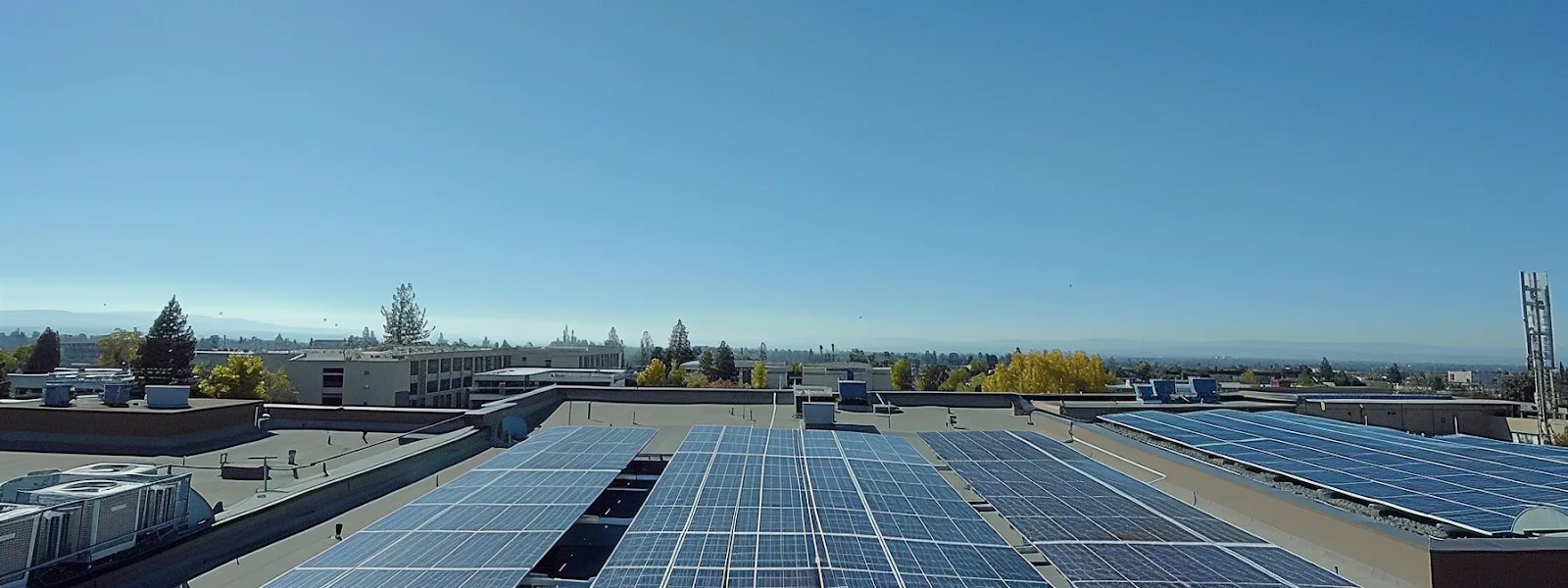With energy costs on the rise and environmental concerns becoming ever more pressing, homeowners are increasingly turning to solar power as a viable alternative. Investing in solar energy systems not only helps reduce reliance on traditional power resources but also offers a multitude of benefits for both personal finances and the planet. From shrinking electricity bills to benefiting from federal incentives, the advantages of going solar are hard to ignore. Keep reading to understand how solar investment can illuminate the path to a sustainable and cost-efficient future for your household.
Financial Incentives and Tax Breaks for Solar Energy Users
Financial incentives are a significant draw for those contemplating a solar investment. In many areas, governments at various levels offer tax credits, rebates, or other incentives to offset the cost of solar panel installation. These incentives can drastically reduce the upfront costs and accelerate the return on investment for homeowners making the switch to solar energy.
Federal tax breaks, like the Investment Tax Credit (ITC), allow homeowners to deduct a portion of their solar energy system cost from their federal taxes. This form of incentive has been instrumental in making solar energy more affordable for a larger population and has contributed to the growth of residential solar installations across the country.
For residents of Massachusetts and Rhode Island seeking a trusted solar provider, a MA & RI Solar Installation Company can offer valuable insights into state-specific solar incentives. Local companies are often best equipped to navigate the incentives landscape and can provide bespoke solutions that maximize financial gains for homeowners.
Understanding How Solar Energy Reduces Your Utility Bills
Solar panels are a gateway to energy independence. By converting sunlight into electricity, solar panels provide a renewable source of power right at home. Homeowners with solar installations can often generate a surplus of energy, which can in some cases be sold back to the grid, turning your home into a small-scale power plant. This process, known as net metering, can result in significant credits on your utility bill, effectively reducing or even eliminating it.
The efficiency of solar panels has dramatically improved in recent years, which means even households in less sunny climates can benefit. Advancements in technology ensure that panels harvest more solar energy, even on cloudy days, leading to consistent savings. And with storage solutions like solar batteries becoming more accessible, you can store excess energy to use when the sun isn’t shining, maximizing your savings.
In addition, real-time monitoring systems allow homeowners to track their energy production and consumption with precision. This level of oversight enables them to make informed choices to optimize energy use and savings. For instance, running high-energy appliances like washing machines during peak solar hours can increase the cost-effectiveness of a home solar setup.
Solar Investment and the Increase in Property Value

When assessing the financial benefits of solar installations, it’s crucial to consider the increased property value they can bring. Studies have shown that homes with solar power systems often have higher property values and sell more quickly than non-solar homes. The prospect of owning a home with low or zero energy bills can be a compelling selling point for potential buyers.
This increase in home value is proportionate to the quality and size of the solar installation. A modern, high-capacity system may yield a more significant boost in property value. Furthermore, as prospective homebuyers become more environmentally conscious, the appeal of a solar-powered home continues to grow.
While increased property value benefits homeowners looking to sell, it also aids those intending to refinance their mortgage. A higher home value can result in better refinancing options, potentially leading to lower interest rates and payments. This is yet another avenue through which solar power can positively impact one’s financial position.
Environmental Advantages of Switching to Solar Power

Perhaps the most imperative reason for considering solar energy lies in its environmental benefits. Solar power is a clean and renewable source of energy, greatly reducing your carbon footprint. By producing electricity without burning fossil fuels, solar panels lower the emissions of greenhouse gases and other pollutants that contribute to climate change and air quality issues.
Beyond reducing greenhouse gas emissions, solar power conserves our natural resources. It diminishes the need for water in power production, unlike traditional forms of electricity generation that can require substantial amounts of water for cooling. Conserving water not only aids the environment but also promotes sustainability for future generations.
Altogether, the shift towards solar energy presents a compelling case for homeowners, offering tangible benefits that extend well into the future. Overall, with the promise of reduced utility bills, increased property value, environmental sustainability, and generous financial incentives, the advantages of investing in a solar-powered home are clear and abundant.